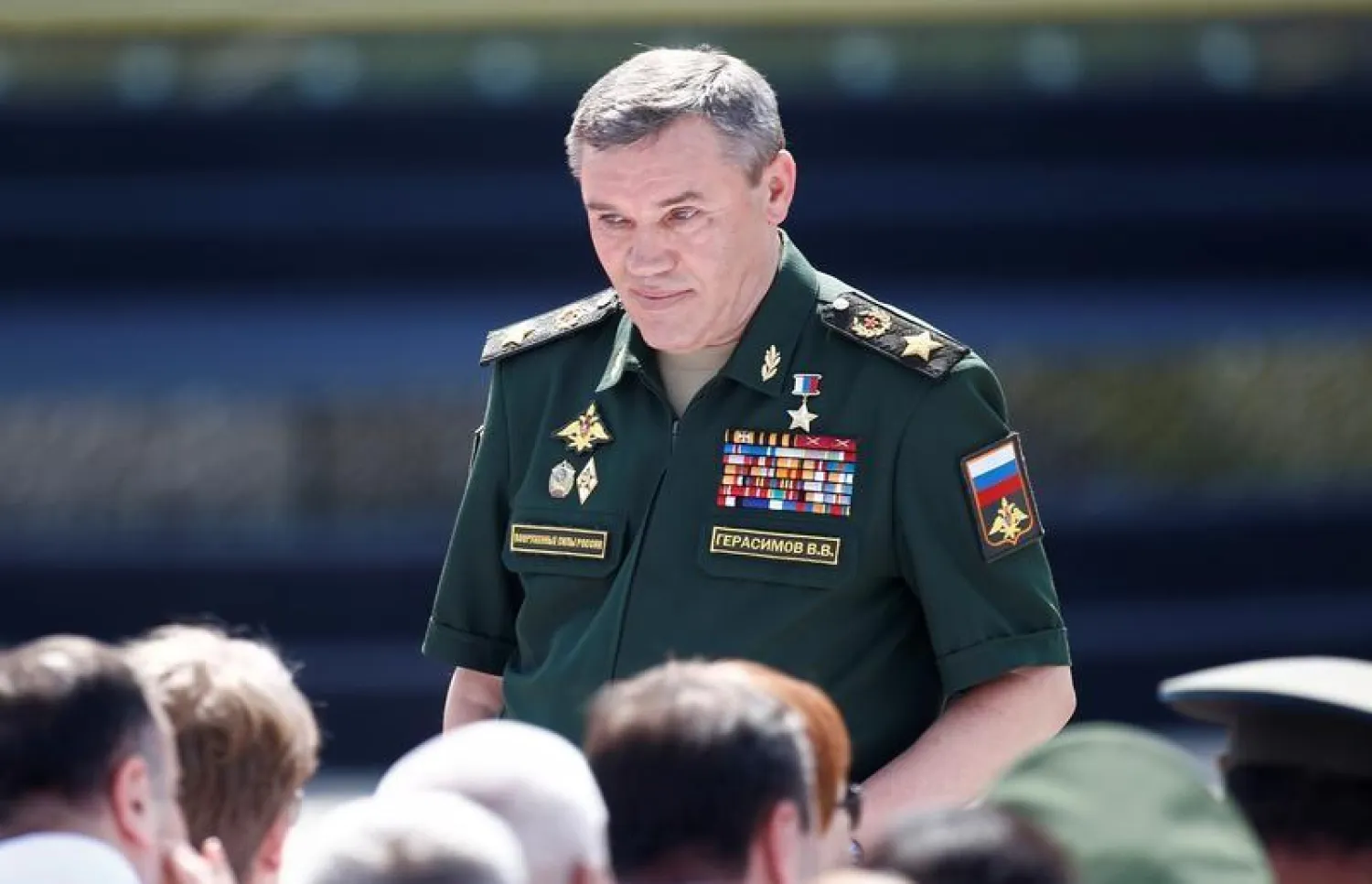Russian Security Council Secretary Nikolai Patrushev said on Thursday that Moscow was already preparing to withdraw its forces from Syria. Last week, Chief of the General Staff Army General Valery Gerasimov said Russia’s military force in Syria would likely be significantly reduced and a draw-down could start before the end of the year.
Patrushev statements on withdrawing forces came on the sidelines of his participation in a preparatory session of the Collective Security Treaty Organization (CSTO) Collective Security Council, along with the participation of Chief of the CSTO Joint Staff Colonel-General Anatoly Sidorov.
Sidorov affirmed that the peacekeeping forces of CSTO are ready to perform missions in any place in the world. Responding to a question on the possibility of dispatching these forces to Russia, he signaled that this is a political decision and that the peacekeeping forces implement decisions of the organization heads of states.
“The heads of state note Russia’s decisive contribution to the elimination of hotbeds of international terrorism, which created conditions for ending the civil war and achieving a lasting political settlement in Syria,” said CSTO conclusion statement.
The statement also addressed all parties concerned to take advantage of the favorable conditions for stepping up talks within the framework of the Geneva process under the UN auspices.
Geneva talks didn’t go well as Staffan de Mistura, the United Nations Special Envoy for Syria, hoped since the regime rejected to discuss the constitution and elections, insisting on keeping the priority to terrorism.
Russian Permanent Representative to the UN Alexei Borodavkin stated that a Syrian regime delegation expressed a wish that Geneva talks prioritize war on terrorism in Geneva 8 – Borodavkin described this standpoint as “constructive” and that the regime delegation is “open to dialogue.”









